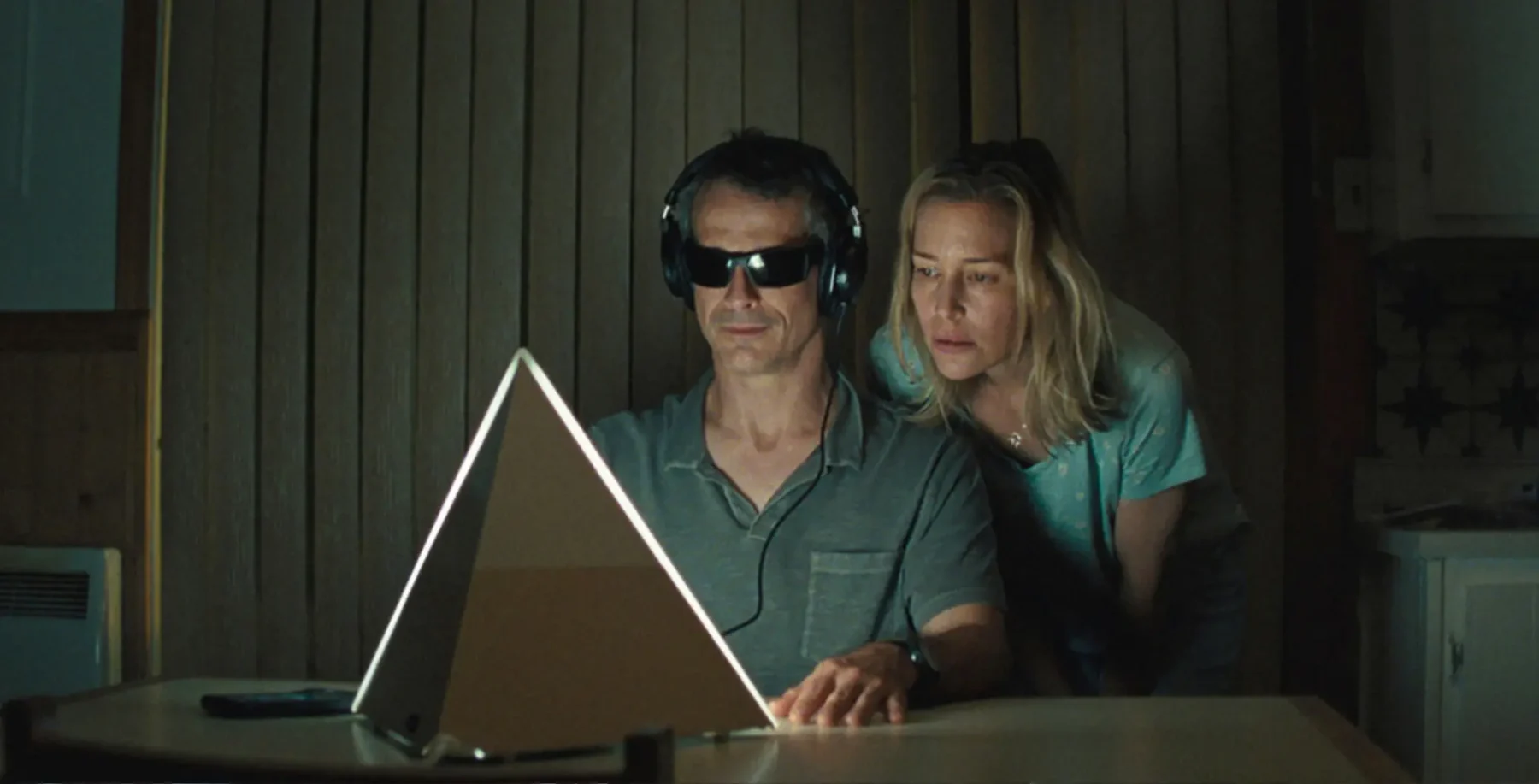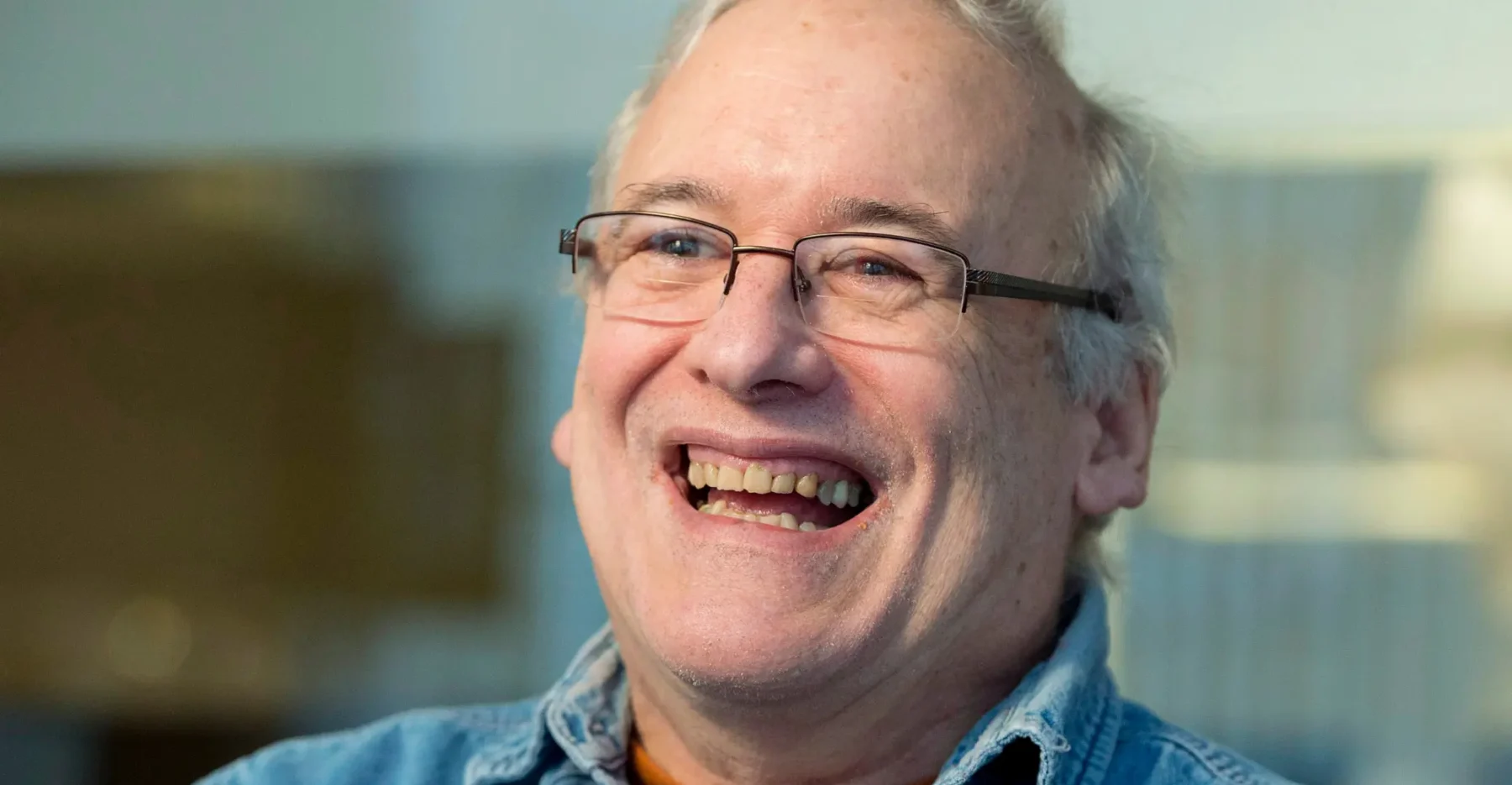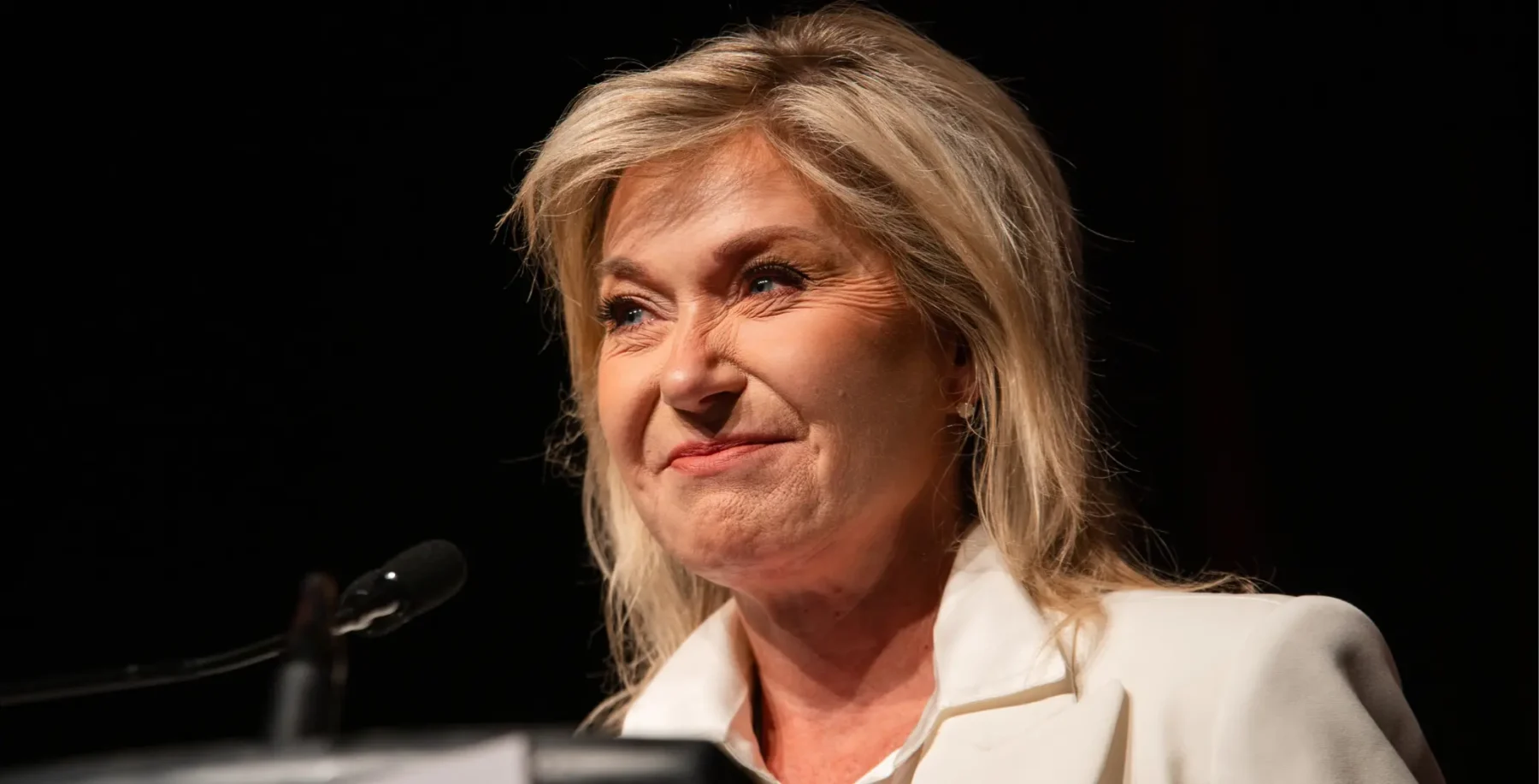
Rating: NNNNN
Canada’s mission in Afghanistan, it appears, may not be limited to hunting down insurgents or building roads.
That’s what I discovered a few weeks back when I came upon a notice from Foreign Affairs and International Trade Canada hanging on a bulletin board at the Prospectors and Developers Association of Canada annual convention.
The feds were inviting all interested parties to a round table with Afghanistan’s minister of mines.
“Minister [Ibrahim] Adel,’’ the invite promised, “will speak about the tremendous mining opportunities in Afghanistan, including details on a number of projects. He welcomes the opportunity to meet with Canadian companies.’’
I’m sure he does, I thought, but then again, what exactly would Canada’s participation in Afghan mining “opportunities’’ mean for our military presence there? Would mining operations prolong our intervention? And what about all the civil tension extracting wealth from the ground causes everywhere it happens?
Not a problem for the Afghan Geological Survey, whose display featured emeralds and offered literature revealing that “Afghanistan and gemstones have been inextricably linked for 6,500 years’’ but that most of the country’s emeralds, rubies, lapis lazuli and sapphires leave illicitly, going largely to Peshawar in Pakistan, with higher-grade stones ultimately landing in Western markets.
But Afghanistan is home to more than gemstones. The Hajigak iron deposit, 130 kilometres west of Kabul, is reputed to contain 1.8 billion tonnes of iron ore. And, this past fall, China Metallurgical Group beat eight other contenders, including Vancouver-based Hunter Dickinson, for negotiating rights to more than 12.3 million tonnes of copper at Aynak, a former al Qaeda training camp 35 kilometres southeast of Kabul.
The government and its allies are keen for investment the British and U.S. geological surveys have helped extensively with mapping and documenting mineral deposits across the country. At one conference session, Stephen Peters of the U.S. Geological Survey reported that that there are significant untapped reserves, from mercury and zinc to marble and gold.
But Adam Choppin, of the Afghanistan Investment and Reconstruction Task Force, an arm of the U.S. commerce department, acknowledged “the elephant in the room”: the political and business environment.
“Because of the way the press colours your impressions of Afghanistan, you may not have considered it stable relative to other countries. Whenever you hear stories of bombings or kidnappings, almost all the time they are in the south of Afghanistan [near Pakistan].’’
Choppin described Hajigak as being situated in Afghanistan’s relatively stable Bamiyan province. “It was there [in 2001] that the Taliban bombed the Buddha statues. The people there suffered mightily at the hands of the Taliban, and as a result they are extremely pro-Western and ready for foreign investment.”
Afghanistan is one of the easiest countries in which to obtain licences and open a business, Choppin said. “It actually takes you fewer days and fewer procedures to start a new company in Afghanistan than it does in the United States.’’
The minister of mines waited until the Foreign Affairs round table to speak publicly. “We have standardized our law and legislation for attracting the companies,’’ Adel told about a dozen people. “More than 90 per cent of our country needs additional exploration. I hope this is completed and that you will have a hand in some projects.”
Asked about security, Adel reiterated that most of Afghanistan is relatively safe and urged attendees to hire local villagers. “When the local people feel that all these activities benefit them, then they will secure you as they secure their own families,’’ he said afterwards in an interview.
Steve Brand of Globe Risk, a Toronto-based security firm with offices in Kabul and Kandahar, attended the same session. He agreed with hiring locals but said companies should “layer’’ them with expats.
“The presence of the NATO forces contributes to a level of stability that makes it easier for private companies to do business and dovetail their security efforts with what’s happening on the ground,” he offered.
Robert Schafer, vice-president of business development with Hunter Dickinson, said after the session that his company had been prepared to do business in Afghanistan.
“At no time will you ever be as safe as if you’re exploring in Canada or even a place like Chile. We were balancing the quality of the deposit and our very large networking abilities in the Middle East and Central Asia against the safety risks.”
But one Canadian mining executive who asked not to be identified said his company stays out of politically unstable countries. “We come up with risk ratings, and Afghanistan ranks quite high on those at the moment.”
news@nowtoronto.com












